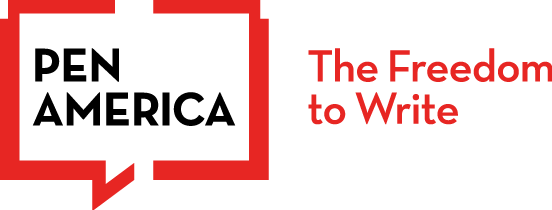Take Back the Tech
Take Back the Tech is a campaign and resource center with international reach that rallies support, primarily from women and girls, to combat tech-related violence against women. The campaign works to create safe spaces online as a means of protecting free expression without harassment or threats to safety. Take Back the Tech holds workshops on online safety, offers information about your legal rights and strategies for responding to abuse, and serves as a source of solidarity when it comes to protecting online expression and privacy rights for women.
Without My Consent
Without My Consent is a nonprofit dedicated to combating online invasions of privacy, focusing on online harassment and nonconsensual pornography (such as “revenge porn”). Their website offers a guide called How Do I Get Help for What I’m Feeling and provides tips on speaking to lawyers, taking action against your harasser, and protecting your physical safety.
Right to Be
Right to Be’s Self-Care for People Experiencing Online Harassment resource helps you document, process, and reframe your episode of online harassment, with an emphasis on asking for help and speaking out.
The Holistic Security Manual
Written by a group of security and strategy experts, in collaboration with human rights defenders, The Holistic Security Manual offers a holistic approach to establishing personal security at the nexus of physical, psychosocial, and digital security. Their take on well-being as a subversive and political act is an inspiring resource for writers that is focused on defending and expanding their access to digital work spaces. (The Holistic Security Manual is an offshoot of the Tactical Technology Collective and was produced with assistance from the European Union; some information they provide may not necessarily apply in an American context.)
Interactive Self-Care Guide
Written by queer writer and mental health activist Jace Harr, this interactive guide pushes users to take stock of their mental and physical states, one step at a time. As Julie Beck writes in The Atlantic, Harr’s guide “could also be useful for anyone who’s having a hard day, or just isn’t naturally good at looking after himself. Sometimes when you’re stressed or dealing with things further up the Maslow pyramid, it can be hard to see how your experience is affected by how well your baseline needs are taken care of.”
SAFE Tip Sheet for Psychosocial Self Care for Journalists
IREX is a development and education organization focused on providing resources and trainings to promote global equity and inclusion. Their Securing Access to Free Expression (SAFE) team has created a concise Tip Sheet for Psychosocial Self Care for Journalists (available in English and Spanish). These guides outline self care practices to support journalists through all stages of an assignment, as well as their everyday operations in an increasingly dangerous digital space.


